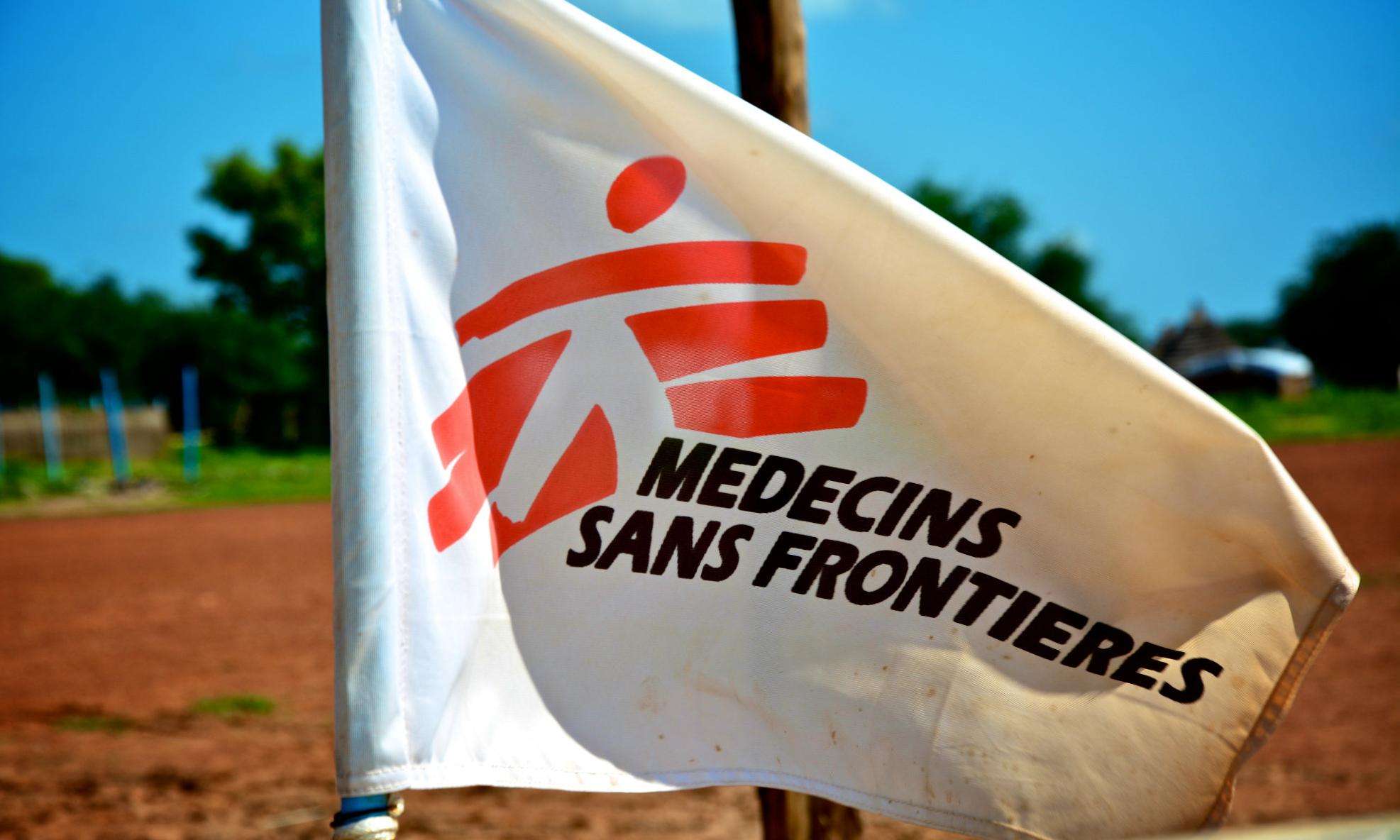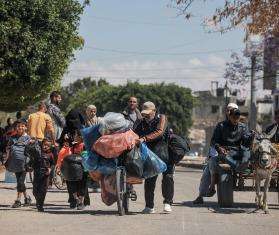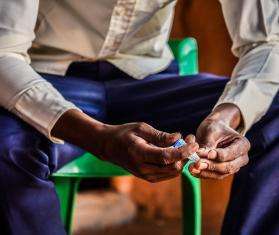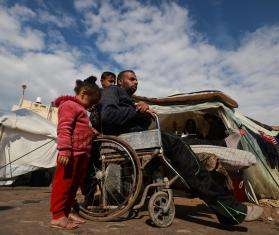PORT MORESBY, PAPUA NEW GUINEA/BERLIN—A new report from Doctors Without Borders/Médecins Sans Frontières (MSF) examines the shocking levels of family and sexual violence in Papua New Guinea, which are among the highest in the world outside of conflict zones.
The report, “Return to Abuser,” details how a dire lack of protection mechanisms, a weak justice system, and a culture of impunity endanger the health and lives of patients even if they manage to reach medical care.
The report includes comprehensive data from more than 3,000 survivors of family and sexual violence that MSF treated in 2014-15 in its two projects in both rural Tari, in Hela Province, and the capital, Port Moresby. It reveals the repeated, often escalating, violence women and children endure in the places they should be safe, their homes and communities:

- The vast majority of patients treated were female—94 percent;
- The most common form of violence—49 percent—was at the hands of partners;
- More than a quarter of these women had been threatened with death;
- Over half—56 percent—of sexual violence survivors were children, and one in six of these (17 percent) were under the age of five.
- Three in four (76 percent) survivors of sexual violence knew the perpetrator.
- One in 10 adult women reported experiencing repeated sexual violence (10 percent). For children, this increased to 2 in 5 (38 percent).
Despite improvements to address the issue of family and sexual violence in Papua New Guinea, in many areas of the country survivors are left to suffer in silence without access to the care, justice, or protection they require.
"Reform of some crucial policies and laws to assist survivors of violence have been achingly slow, with devastating results, particularly for children," said MSF head of mission Angelika Herb. "Without an escalated response from authorities, women will remain trapped in violent relationships, unable to remove themselves or their children from harm; vulnerable minors who are raped or beaten in their homes will continue to be returned to their abusers; and medical assistance, while vital, will be relegated to patching survivors up between abuse sessions."
The report recommends that authorities increase the availability of and access to essential medical and psychosocial services across the country, particularly meaningful protection and alternative accommodation, including safe houses, so survivors of violence are no longer forced to return to their abusers. Specific attention must also be paid to the needs of children, including the swift implementation of the country’s Child Welfare Act.
"The severity of the physical and psychological injuries inflicted by family and sexual violence reinforces why Papua New Guinea must guarantee access to free, quality and confidential medical treatment to all survivors. Authorities must urgently ensure the provision of services beyond the medical realm required to keep women and children safe," Herb said.
Click Here to Download the Report
MSF began working in Papua New Guinea in 2007, providing free, quality, confidential and integrated medical and psychosocial care to survivors of family and sexual violence in different parts of the country, including Morobe Province, Hela Province, Port Moresby in the National Capital District, Milne Bay Province, and East Sepik Province.
Since 2009, MSF has treated 27,993 survivors of family and sexual violence in the country, often in collaboration with the National Department of Health. In addition, in Tari Hospital, MSF carried out 68,840 major and minor surgeries, one-third of which were for violence-related injuries. MSF is preparing to hand over its final Family Support Center to provincial health authorities in Papua New Guinea in March 2016.
The organization’s medical teams will continue to focus on addressing the country’s tuberculosis epidemic.





